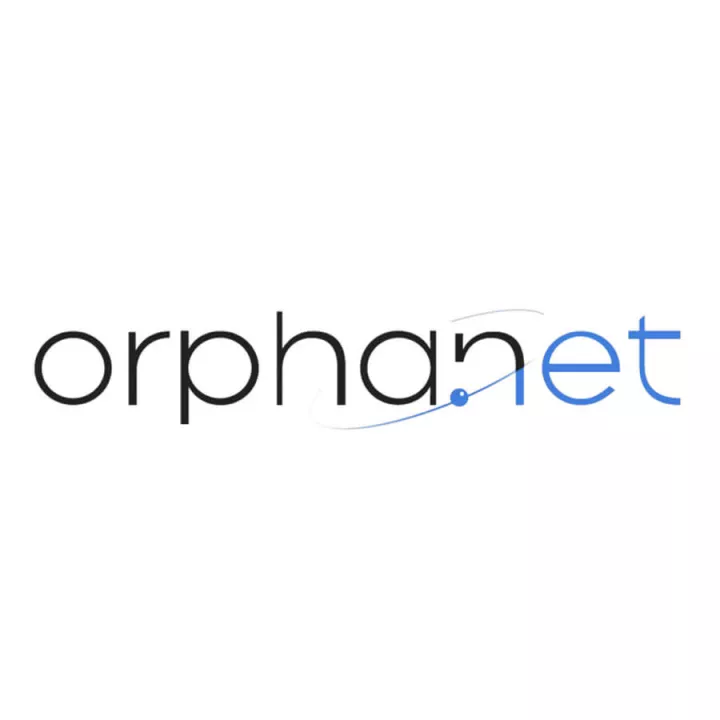Orphanet was established in France by the INSERM (French National Institute for Health and Medical Research) in 1997.This initiative became a European endeavour from 2000, supported by grants from the European Commission: Orphanet has gradually grown to a Consortium of 40 countries, within Europe and across the globe.
The Orphanet knowledgebase gathers and provides high-quality information on rare diseases for improving the diagnosis, care and treatment of patients with rare diseases. It contains searchable directories of:
- Inventory, classification and encyclopaedia of rare diseases
- Inventory of orphan drugs
- Directories of patient organisations
- Directory of professionals and institutions
- Directory of expert centres
- Directory of medical laboratories providing diagnostic tests
- Directory of ongoing research projects, clinical trials, registries and biobanks
- Collection of thematic reports
Additional services Orphanet provides include:
- The Orphadata platform provides the scientific community with comprehensive, high-quality datasets related to rare diseases and orphan drugs, in a reusable and computable format.
- The Orphanet Rare Disease Ontology (ORDO) is a structured vocabulary for rare diseases derived from the Orphanet database, capturing relationships between diseases, genes and other relevant features. ORDO provides integrated, re-usable data for computational analysis.
- OrphaNews is a freely available, twice-monthly electronic newsletter for the rare disease community, presenting an overview of scientific and political news about rare diseases and orphan drugs.
The information on Orphanet is available in several languages: English, French, Spanish, German, Italian, Portuguese, Dutch, Polish and Czech.
